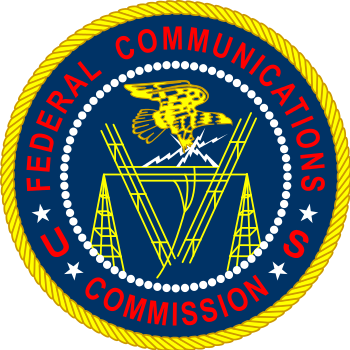By Grant Gross
A flurry of activity will follow the plan from U.S. Federal Communications Commission Chairman Tom Wheeler to reclassify broadband as a regulated public utility as the foundation for new net neutrality rules.
Wheeler’s plan would reclassify broadband from a lightly regulated information service to a more regulated telecommunications service under Title II of the Telecommunications Act, reversing the FCC’s broadband policy for the past decade. Still, Wheeler’s plan has the agency forbearing from most traditional telecom regulations under Title II, including rate regulations, contributions to the FCC’s Universal Service Fund, and requirements to share their networks with competitors.
So what happens now? On Thursday, Wheeler will release his proposal to his four fellow commissioners, and commissioners will have three weeks to suggest changes to the chairman. The FCC’s two Republican commissioners will probably make several suggestions that don’t make it into the final proposal.
Then on Feb. 26, the FCC is scheduled to vote on Wheeler’s proposal during an open commission meeting. Expect the commission’s three Democrats to vote for it, and the two Republicans to vote against it.
Afterwards, in a matter of weeks, Republicans in Congress will push for passage of their own bill that would create a lighter version of net neutrality rules. The bill would also prohibit the FCC from reclassifying broadband under Title II, and stop the agency from creating any new net neutrality rules.








